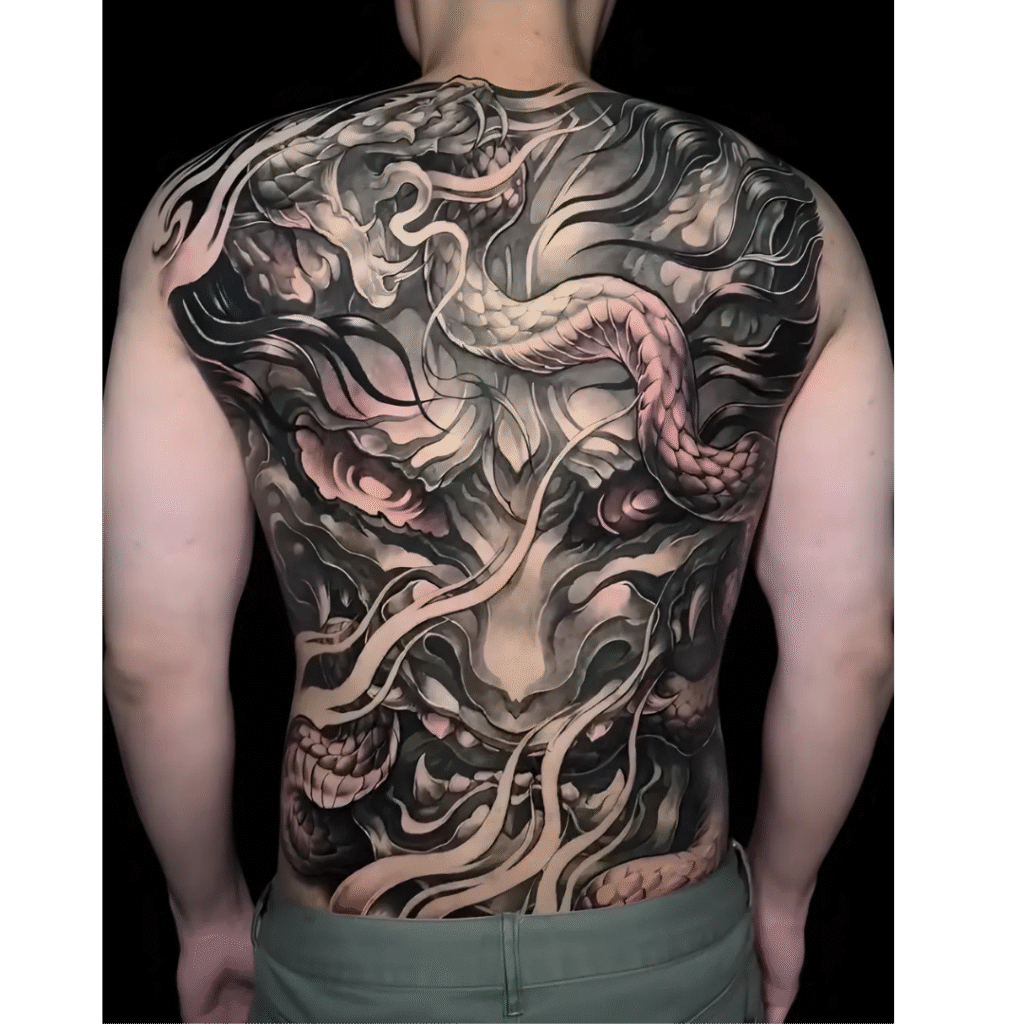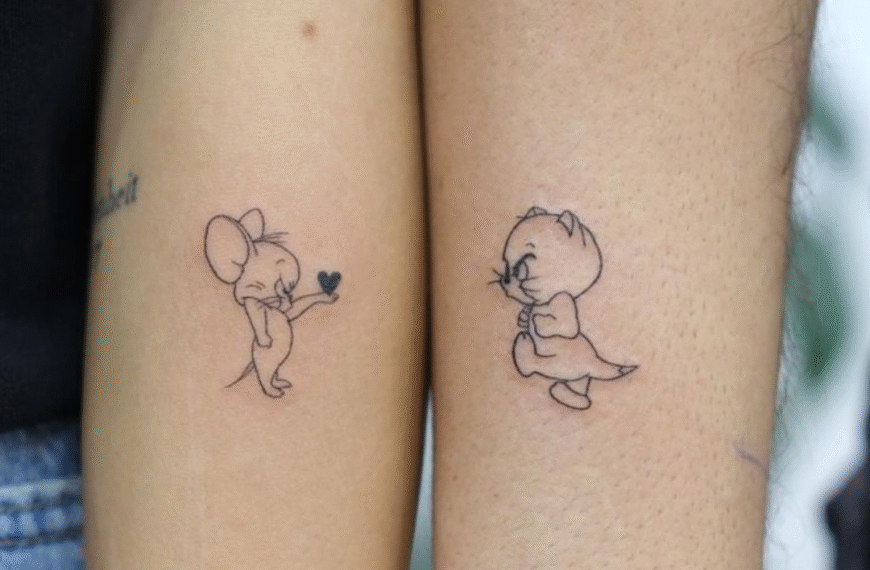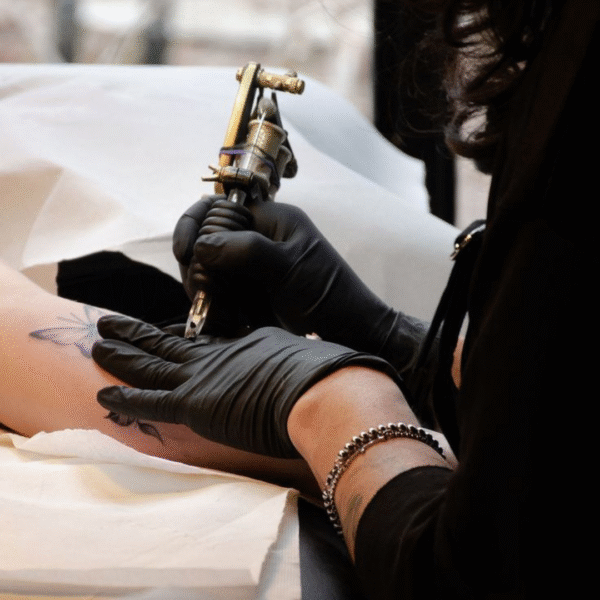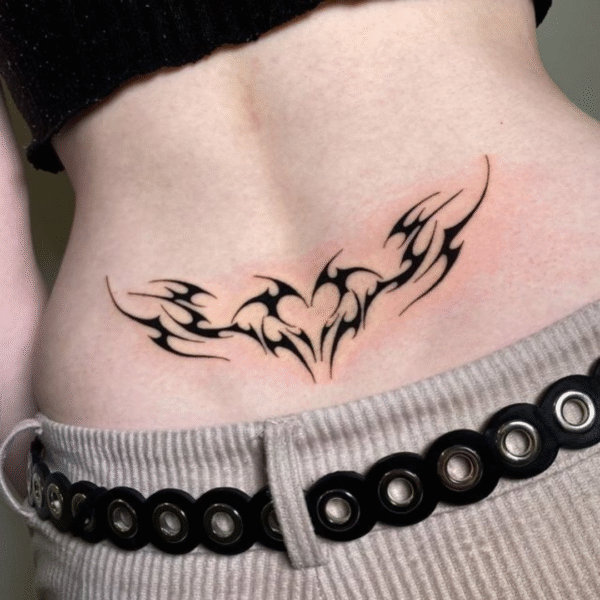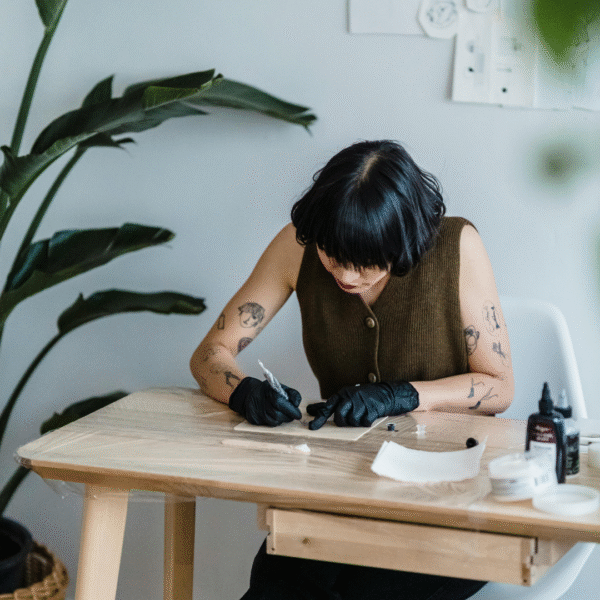Japanese tattoo meanings carry centuries of culture, symbolism, and artistry. If you choose a koi, dragon, or hannya mask, you’re not just decorating skin—you’re wearing a story. This guide covers fast meanings, classic pairings, and placement tips so your tattoo feels intentional, not random.
Respect matters most. Always verify kanji, choose motifs that reflect your story, and work with an artist who understands flow, negative space, and tradition. When the design and meaning align, your tattoo not only photographs beautifully but also ages well.
Symbols & Meanings — Quick Guide
Koi (carp)
Perseverance, upstream effort, transformation. Red = passion; black = overcoming hardship. Flows well on forearm/calf.
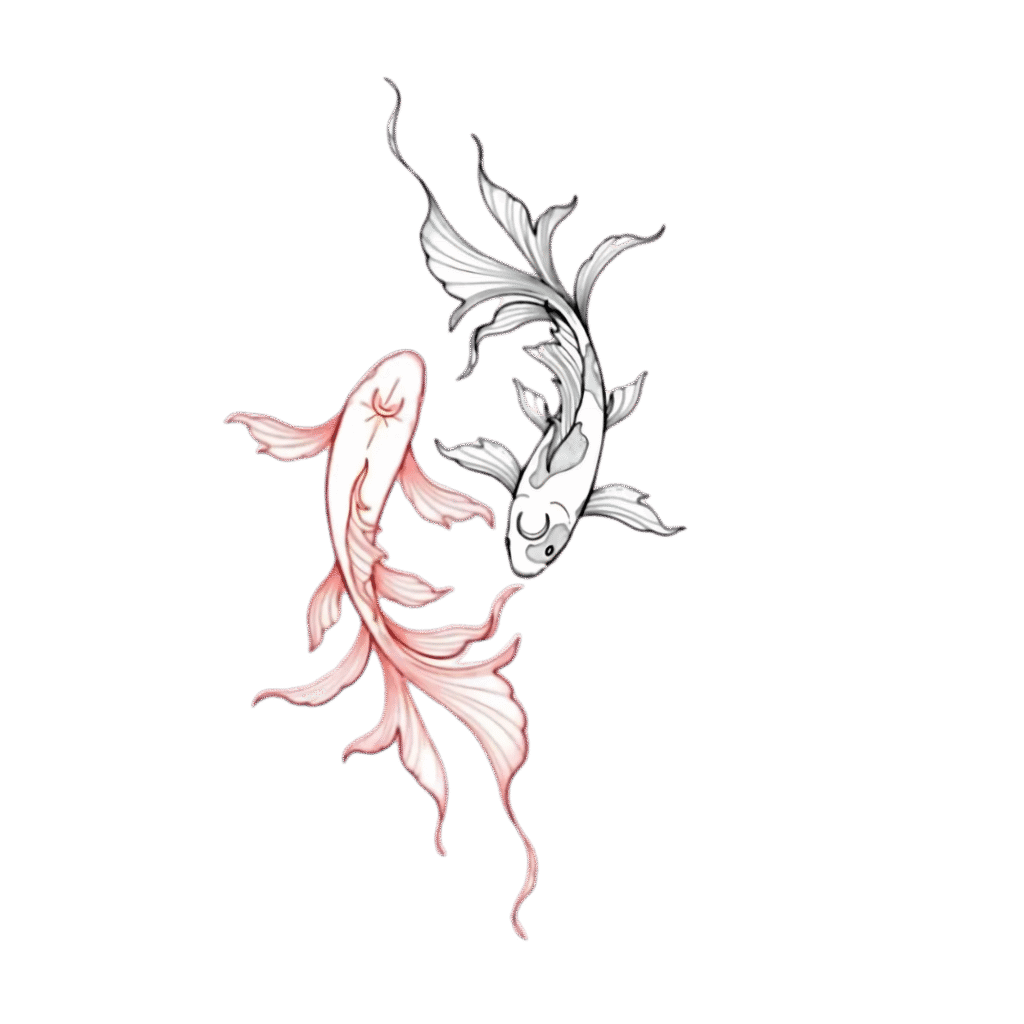
Dragon
Wisdom, protection, benevolence. Often with clouds or waves. Classic back/arm wrap for movement.
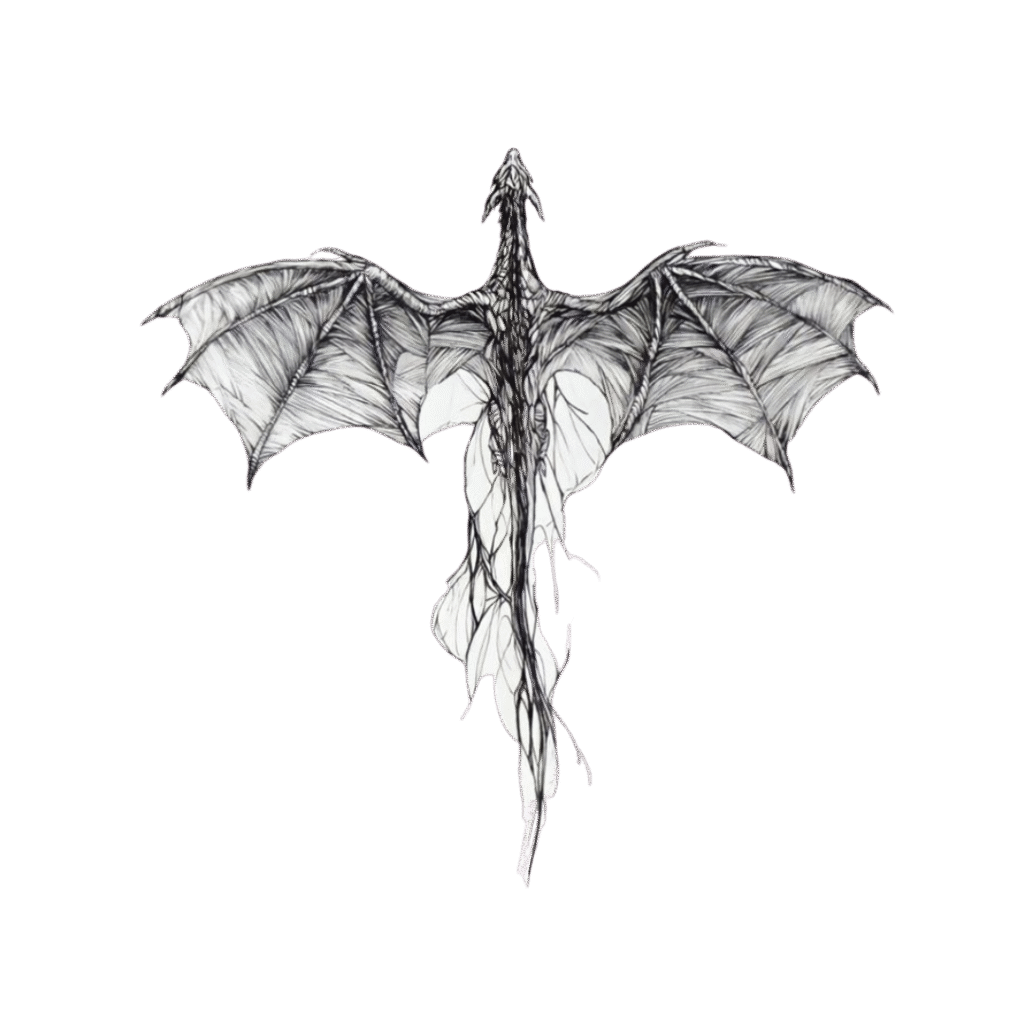
Tiger
Courage and warding off bad luck. Pair with bamboo or wind bars. Strong shoulder/chest placements.
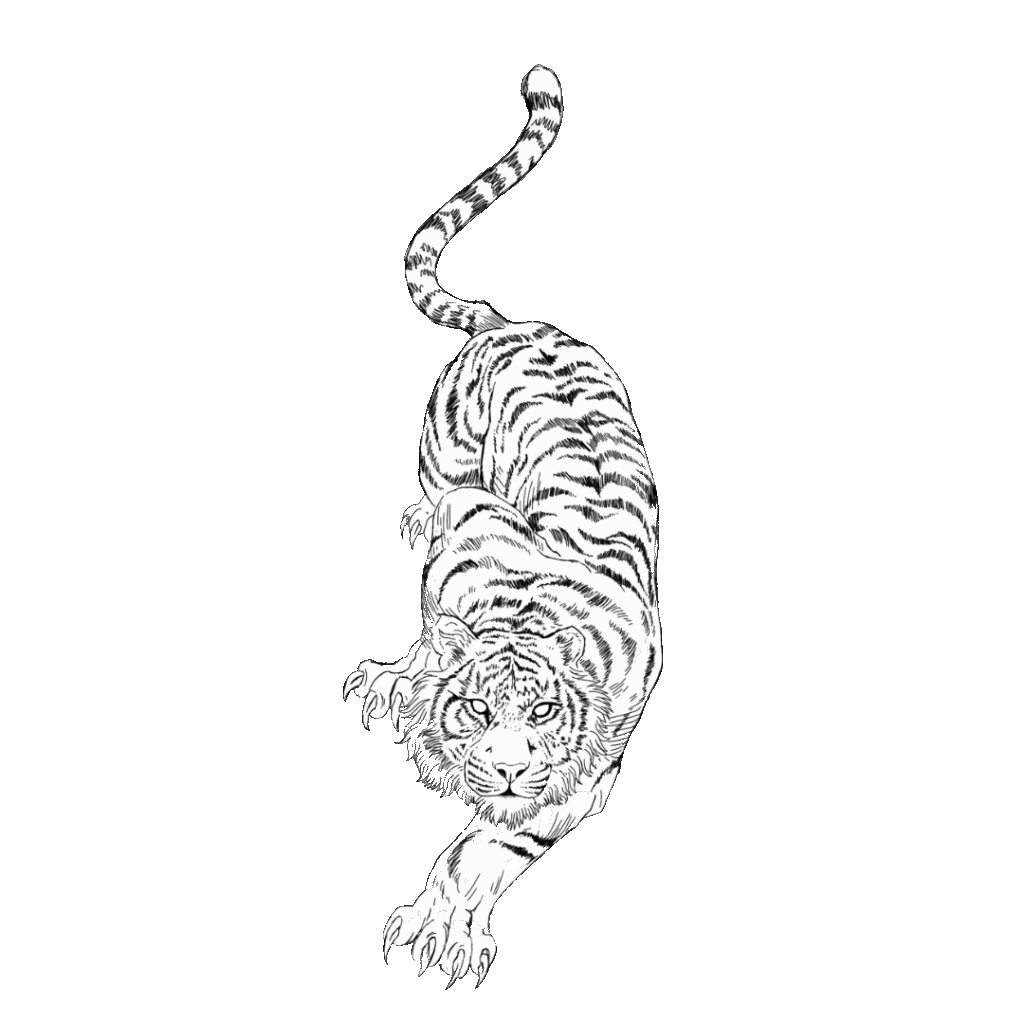
Phoenix (Hō-ō)
Rebirth, renewal. Looks incredible with flames or peonies. Suits large back or thigh compositions.
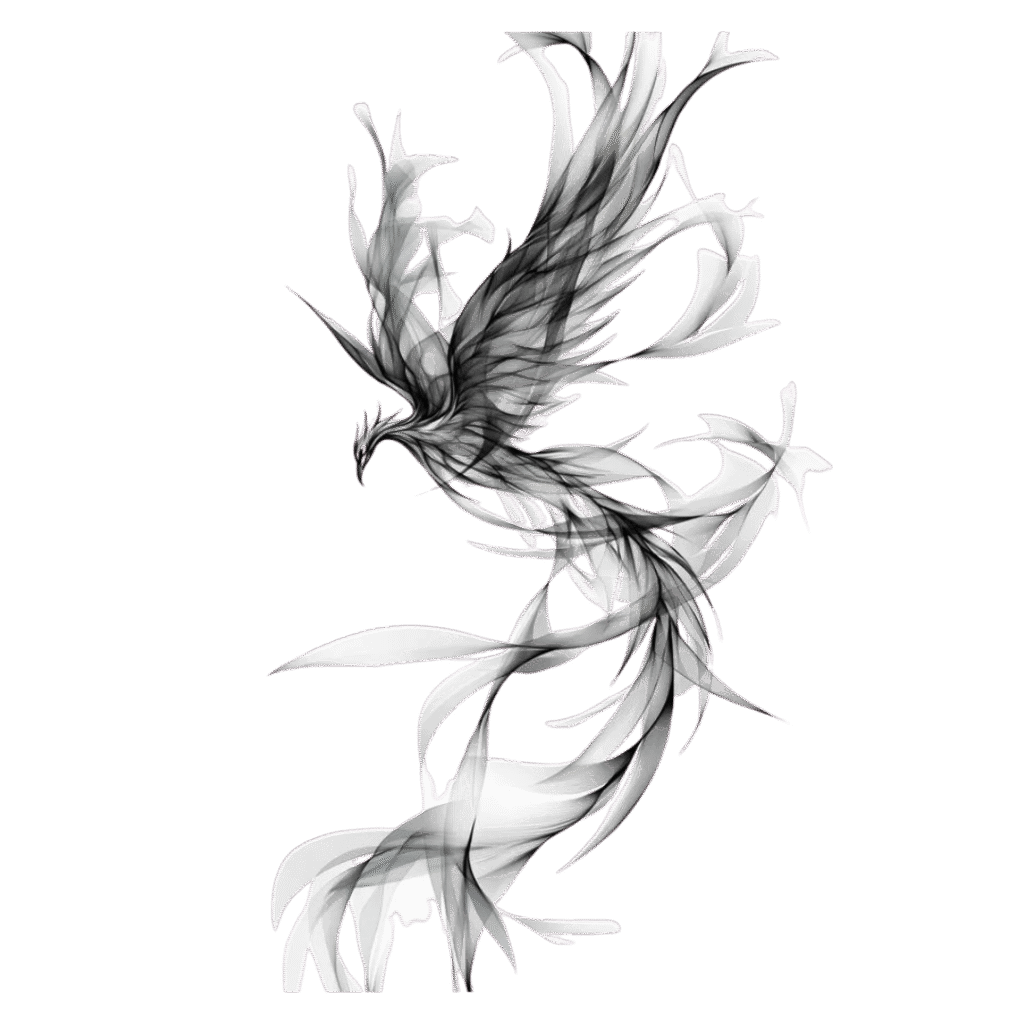
Hannya Mask
Jealousy → sorrow → transformation. Powerful as shoulder or upper-arm anchor; dramatic shading tells the arc.
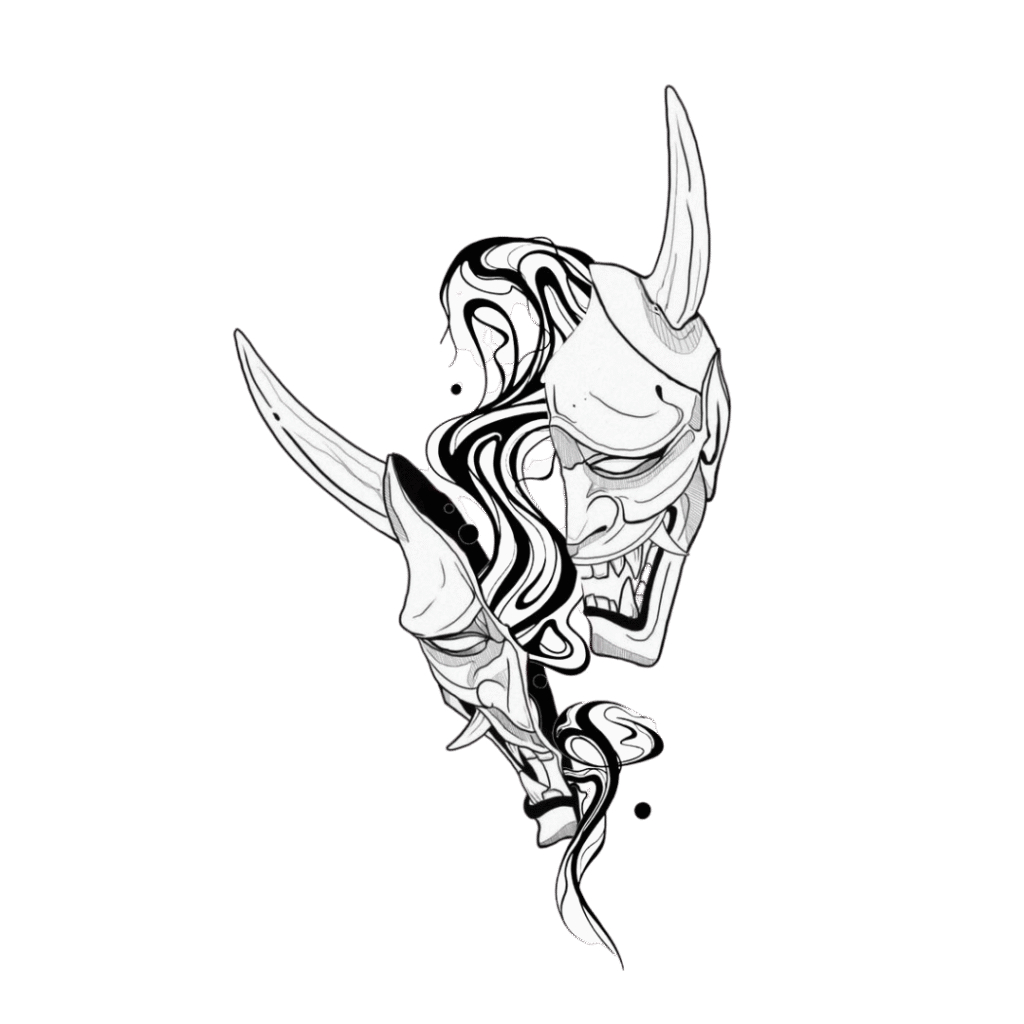
Oni (ogre)
Protector against evil, strength. Often dynamic with weapons or smoke. Works as bold forearm or calf piece.
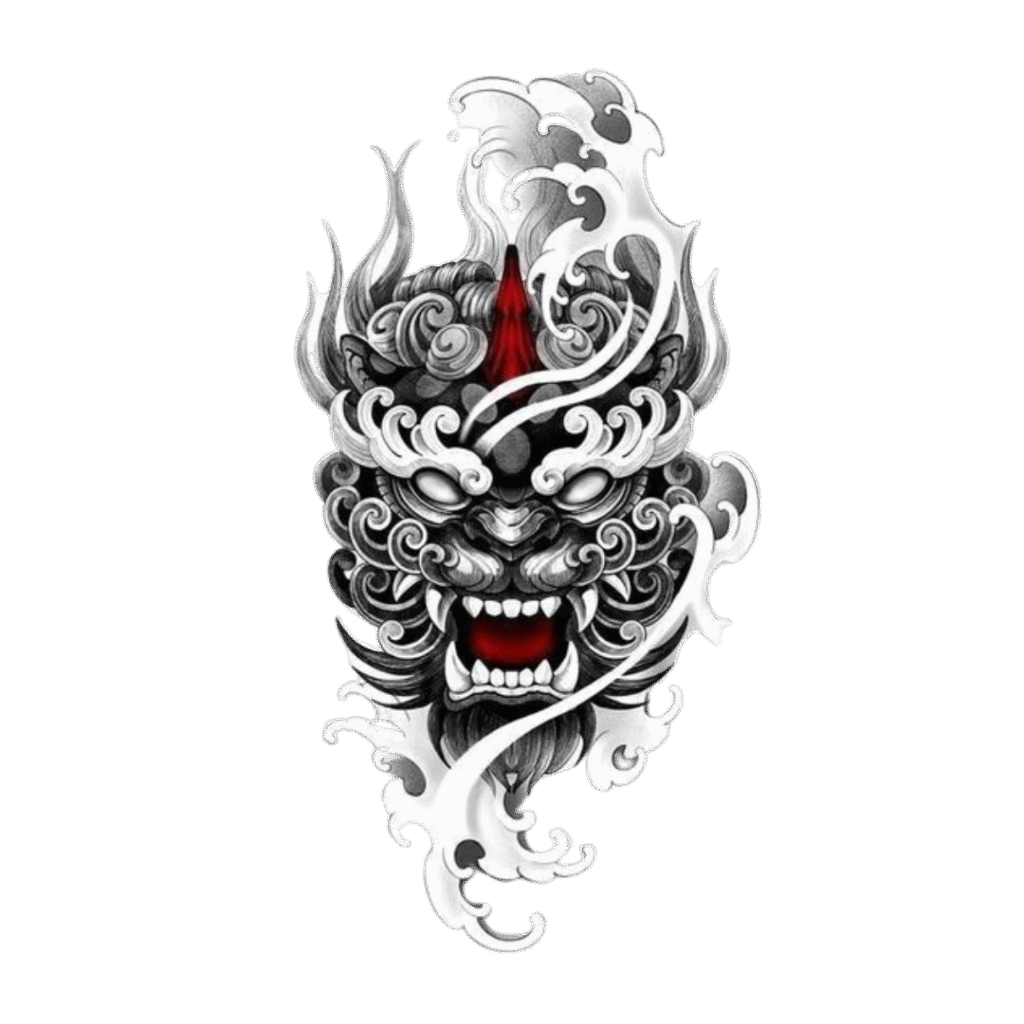
Kitsune (fox)
Intelligence, mystery, spiritual trickster. Single fox or nine tails. Flows with delicate linework on forearm/ribs.
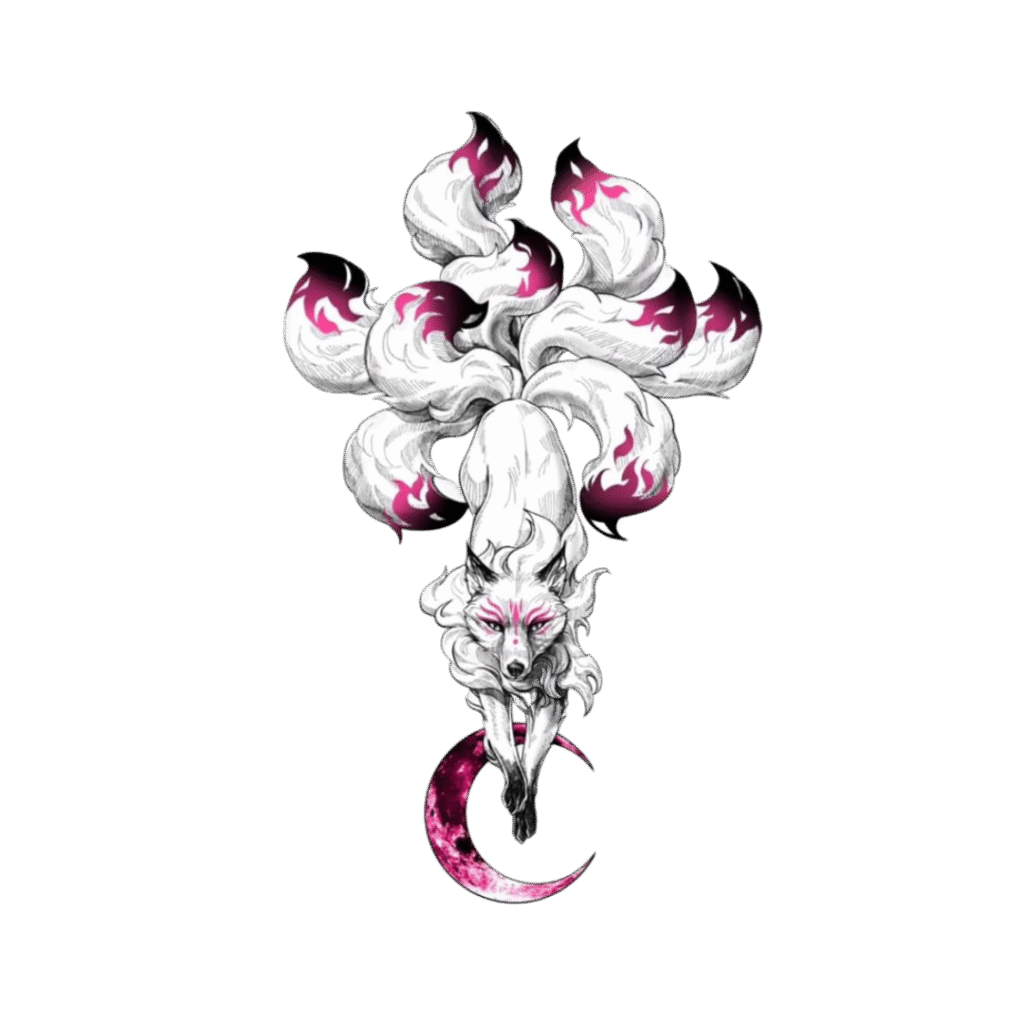
Peony
Prosperity, bravery, beauty. Often paired with lions (karajishi). Perfect filler around bold anchors.
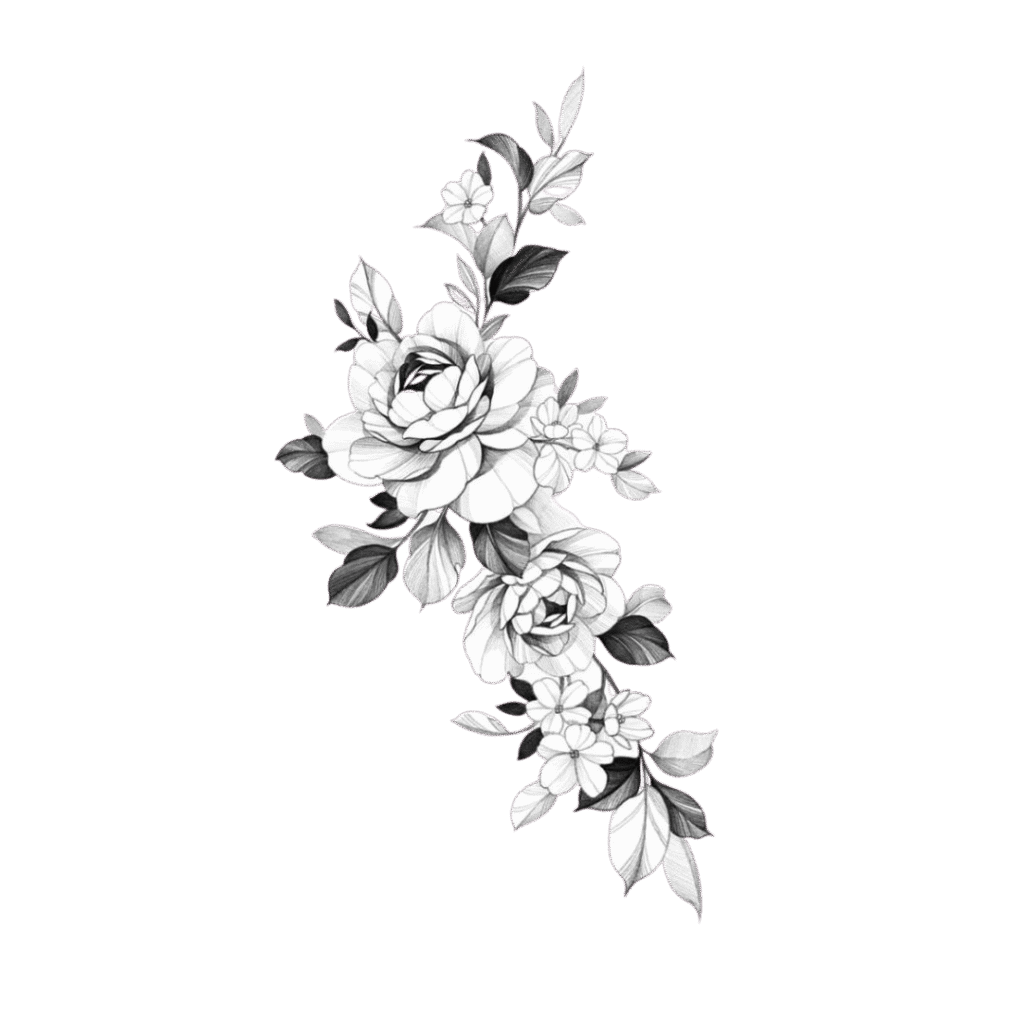
Cherry Blossom (Sakura)
Impermanence; beauty that fades. Petal flow = movement. Great as background drifting across the arm.
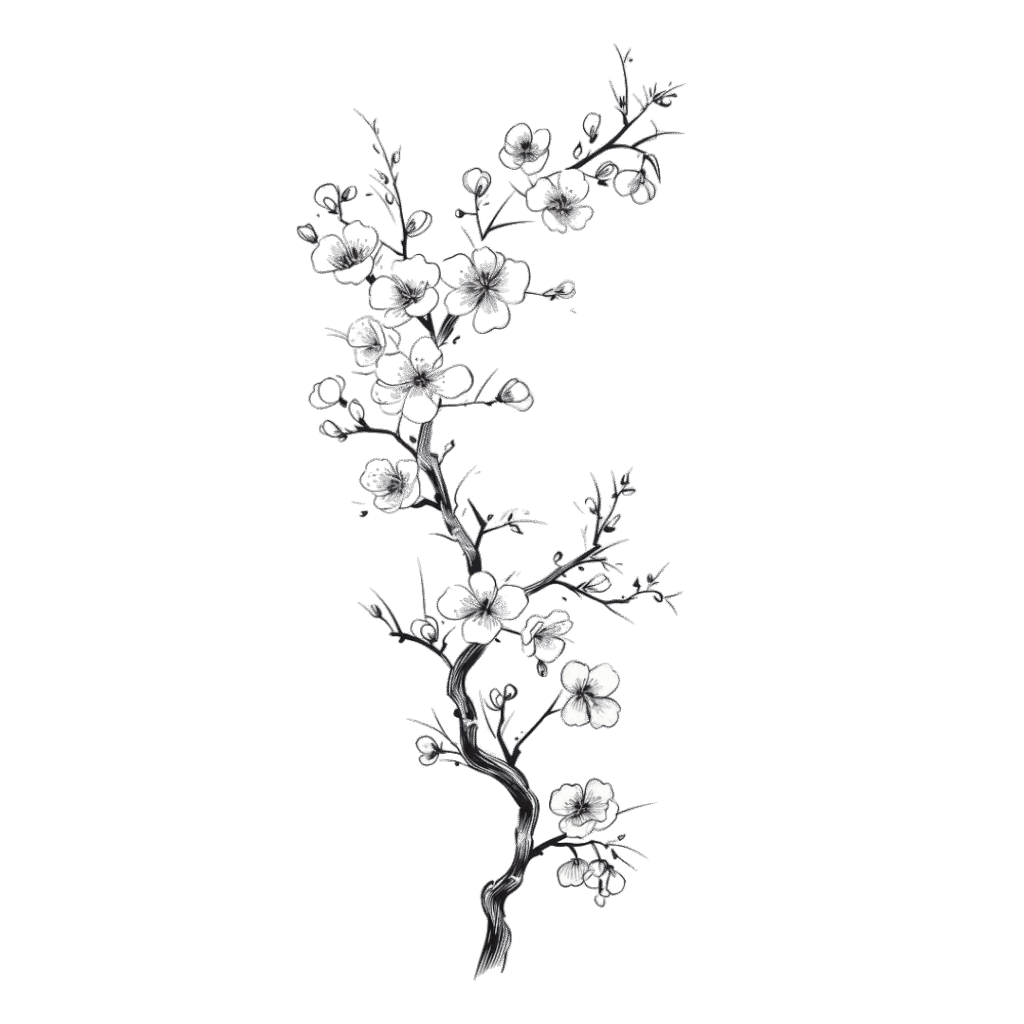
Waves
Nature’s power; frames the story and adds motion. Ideal to tie multiple motifs into one composition.
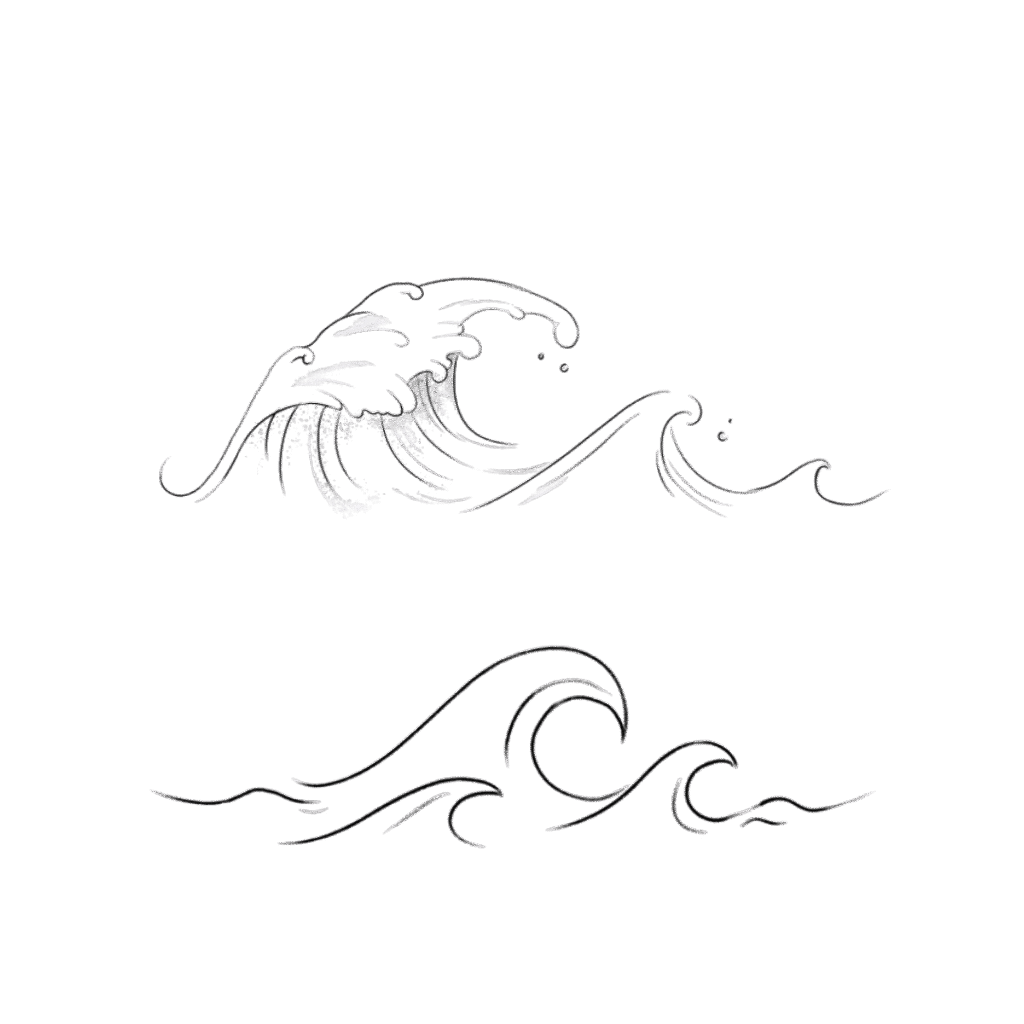
Chrysanthemum
Longevity, autumn theme. Strong petal repetition = rhythm. Nice contrast to scales or armor textures.
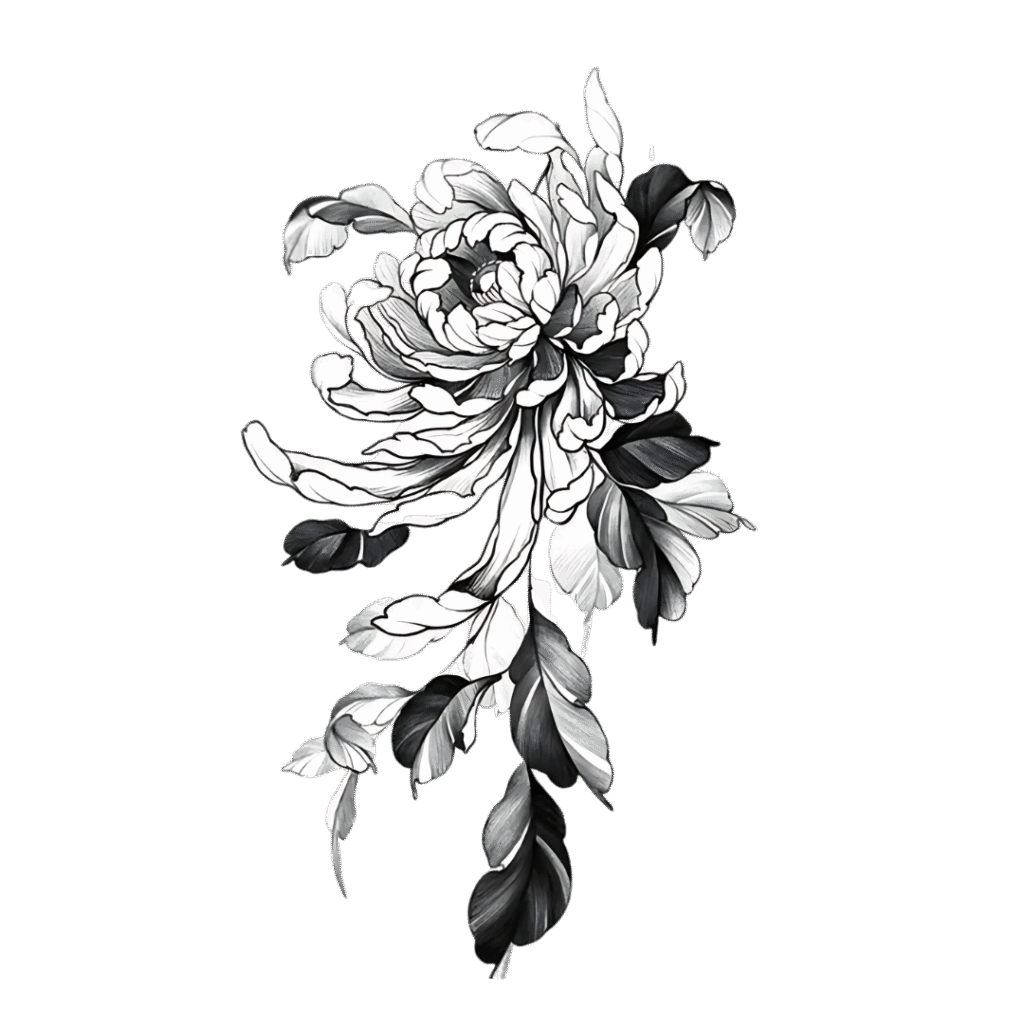
Snake
Protection, rebirth, medicine. Pairs with peony/chrysanthemum. S-curve loves forearm wraps.
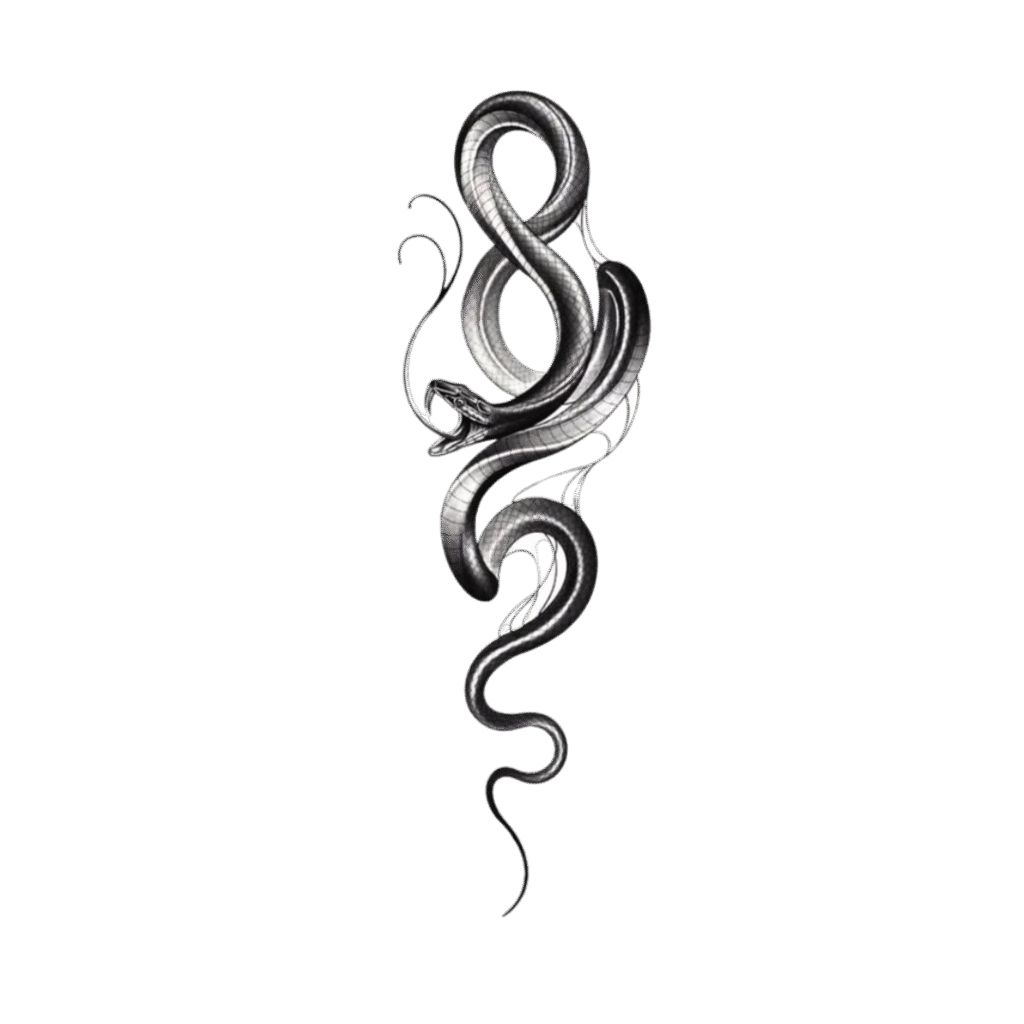
Foo Dog / Lion Dog (Shishi)
Guardian, protection. Symmetry shines on chest/shoulders or paired forearms.
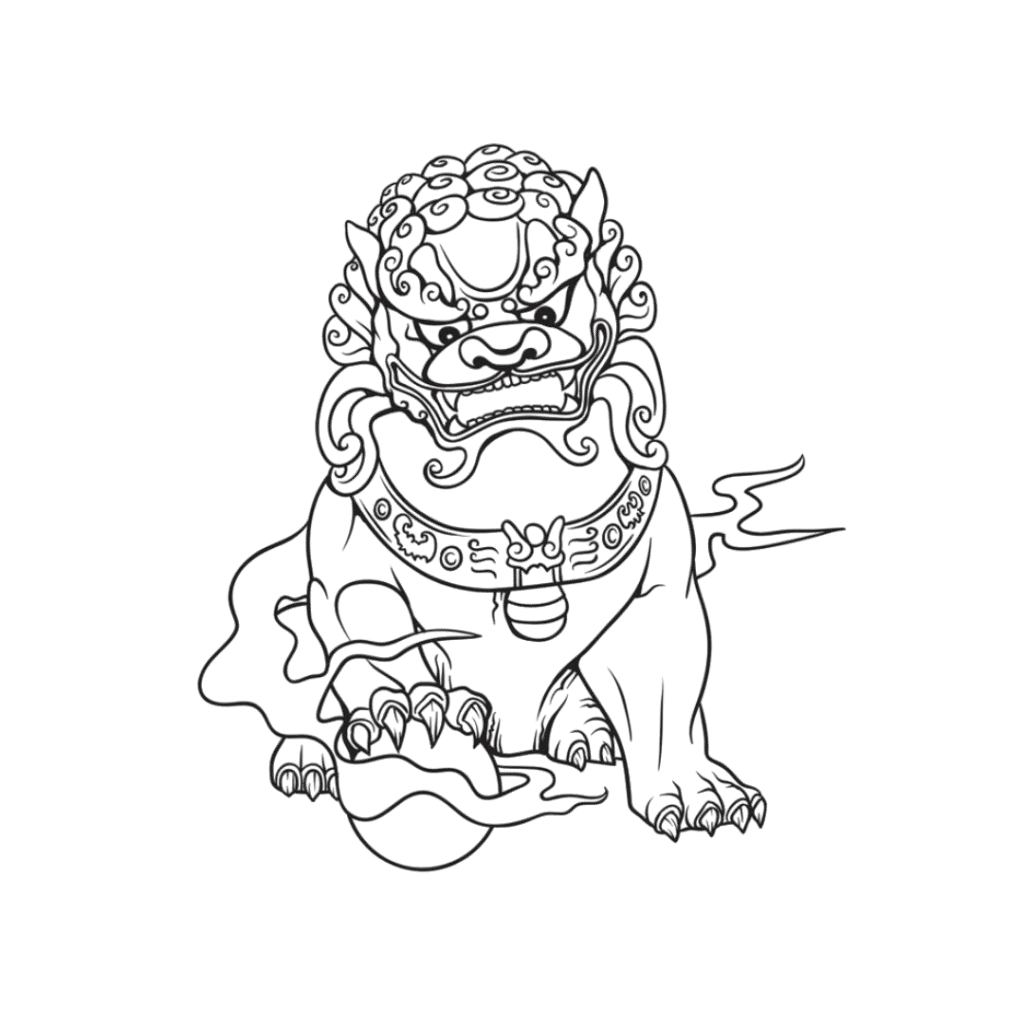
Crane
Longevity, fidelity. Clean linework; elegant as shoulder cap or upper back.
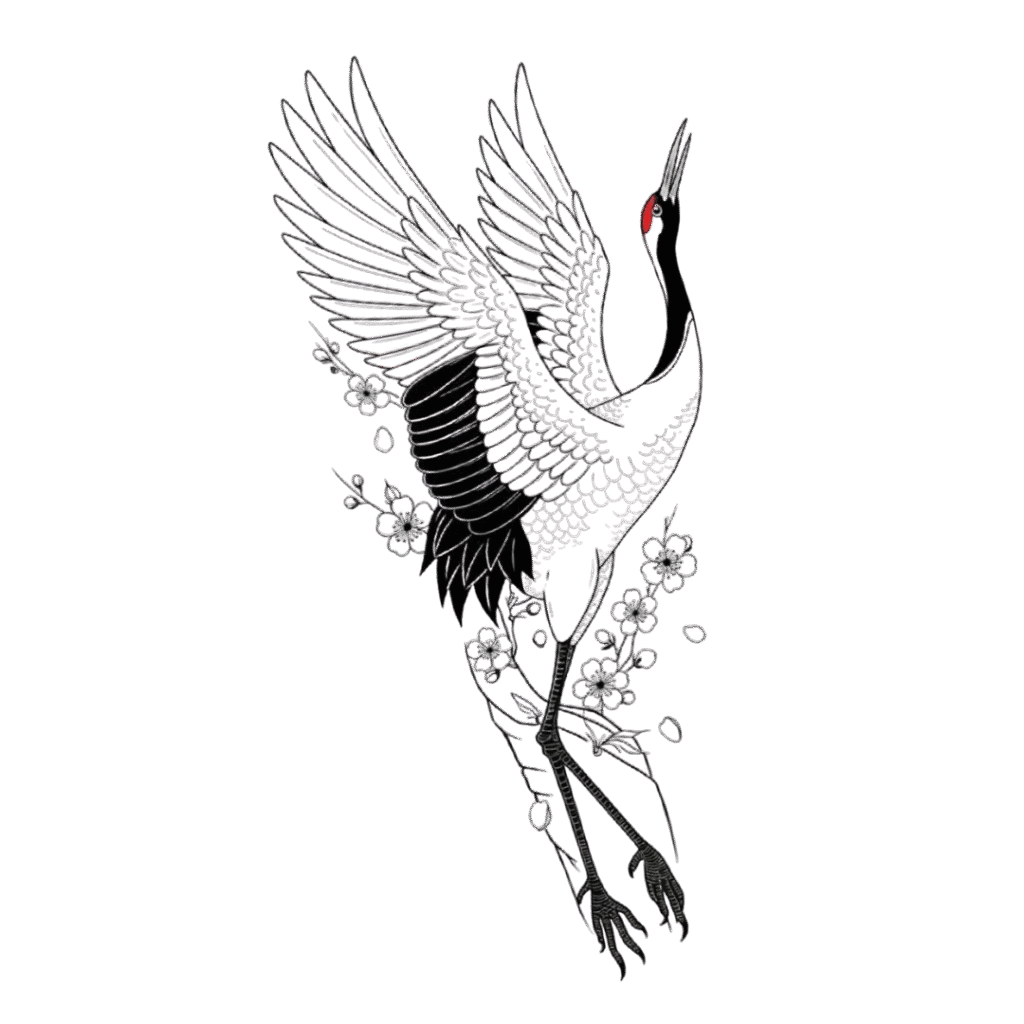
Color, Black & Grey, and Placement (Fast Rules)
- Color vs B&G: Color pops on florals/mythic creatures; B&G feels timeless and reads well from afar.
- Flow: Let lines follow muscle direction. Think wrap, not sticker.
- Scale: Small symbols = fewer micro-details. Big stories deserve space—back, thigh, or full sleeve.
Cultural Respect Checklist
- Double-check kanji with a native speaker.
- Avoid mixing random symbols “just because.”
- Ask your artist about motif order (which symbol leads).
- Learn the story behind your design—then wear it with pride.
Pre-Consult Prep (What to bring)
- 3–5 reference images (motif + style).
- Body map photo with rough placement.
- Notes on size, color/B&G, and budget.
- Any dates, names, or kanji to verify.
FAQ: Japanese Tattoo Meanings
Can I combine multiple symbols?
Yes—choose one lead symbol and 1–2 supporters. Waves, wind bars, and florals tie them together.
Do I need color?
Not required. B&G reads strong for masks and animals; color shines on florals and phoenix/dragon blends.
How many sessions for a half sleeve?
Plan 2–4 depending on size, detail, and color. Your booking confirmation will include estimates.
What’s the best first placement for Japanese motifs?
Outer forearm or upper arm—good canvas, less movement, ages well.

